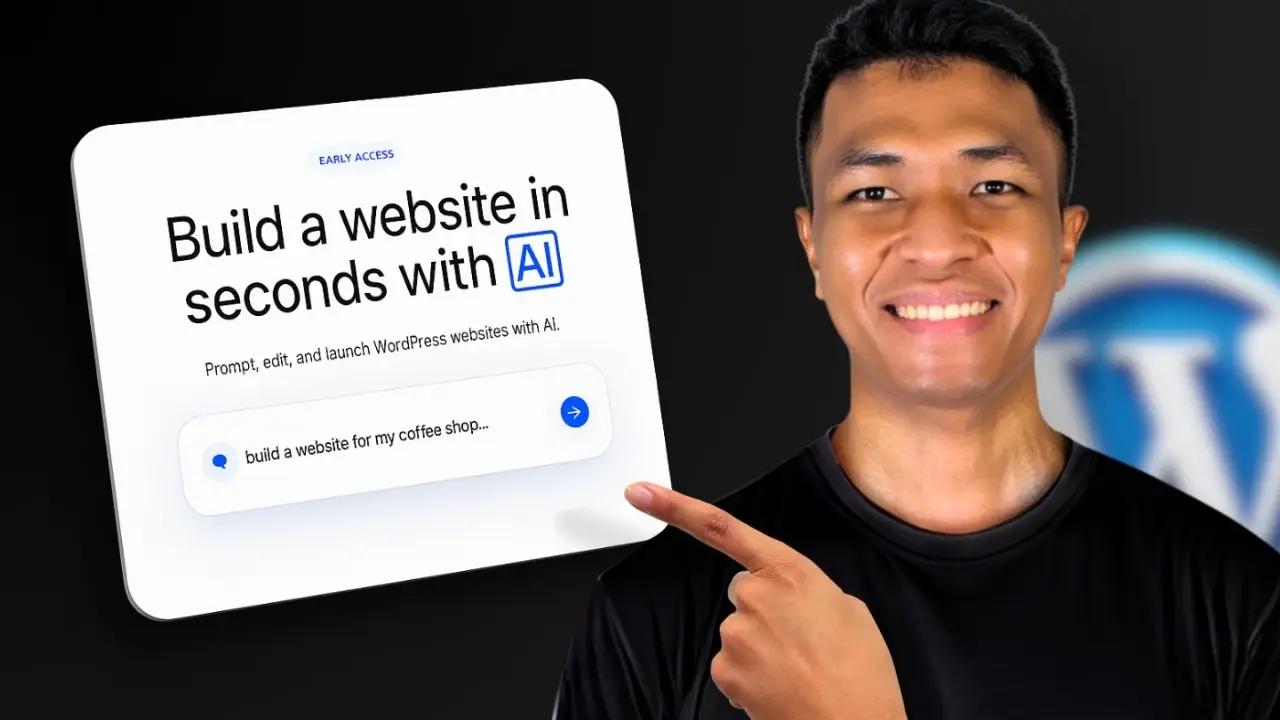Is your WordPress site crawling along like a snail? Don’t worry, we’ve got you covered! In this guide, we’ll walk you through 23 actionable steps to supercharge your WordPress website’s speed. Let’s dive in and turn your site from sluggish to lightning-fast!
1. Embrace Gutenberg, Ditch Elementor
Okay, this might be a bit controversial, but hear me out. While Elementor is great for designers, it can be a real speed bump for your site. Gutenberg, on the other hand, is lean, mean, and built right into WordPress. If you’re only using basic features of Elementor, give Gutenberg a shot. You might be surprised at how much faster your site becomes!
2. Switch to a Block Theme
Block themes are the new kids on the block (pun intended), and they’re about 20-30% faster than traditional WordPress themes. Plus, they’re usually free and look pretty snazzy. Head over to Appearance > Themes > Block Themes to find one that suits your style.
3. Don’t Skimp on Hosting
Remember, an extra 0.1 second of load time cost Amazon nearly $4 billion! So, invest in quality hosting. It’s the foundation of a fast website.
4. Leverage Cloudflare
Adding your site to Cloudflare is like giving it superpowers. You’ll get:
- Free CDN
- Additional compressions
- DDoS protection
5. Update to the Latest PHP Version
The latest PHP version often comes with a bunch of optimizations. But be cautious – not all plugins play nice with the newest version. Wait a year or two before updating to give plugin developers time to catch up.
6. Use Multifunctional Plugins
Why use ten plugins when one can do the job? Look for plugins that cover multiple functions. For example, RankMath SEO can handle redirects, eliminating the need for a separate redirect plugin.
7. Check Your Hosting’s Optimization Features
Many WordPress hosts offer built-in optimization features. Take advantage of these freebies!
8. Choose a Server Close to Your Target Audience
If your audience is in India, set up a server close to India. It’s just common sense!
9. Stick to System Fonts
Google Fonts look nice, but they slow down your site. Use pre-installed fonts like Arial or Helvetica instead.
10. Disable Hotlinking
Don’t let other sites leech off your bandwidth. Disable hotlinking using a security plugin or cPanel.
11. Compress Your Images
Smaller images = faster load times. Use plugins like WP Smush or TinyPNG to shrink your images without losing quality.
12. Embrace WebP
WebP is the new cool kid in town. It’s smaller than JPEG or PNG and supports transparency. Use the WebP Express plugin to automatically convert your images.
13. Say Goodbye to GIFs
GIFs are so last decade. Use WebP for animations instead – it’s smaller and supports more colors.
14. Use CDN Wisely
A Content Delivery Network can speed up your site, but it’s not always necessary. If your target audience is in one location, save your money.
15. Install a Caching Plugin
Caching is a must for every WordPress site. Try free plugins like LiteSpeed Cache, Cache Enabler, or WP Fastest Cache.
16. Minify CSS and JavaScript
Remove unnecessary characters from your CSS and JavaScript files. Most caching plugins have this feature built-in.
17. Combine CSS and JavaScript Files
Merge multiple files into one to reduce HTTP requests. Again, most caching plugins can handle this.
18. Enable Gzip Compression
Gzip can reduce your file sizes by up to 70%. Enable it through your caching plugin or hosting settings.
19. Implement Lazy Loading
Only load images and videos as the user scrolls. This saves resources and improves speed.
20. Optimize WordPress Cron
WordPress Cron can be inefficient. Use plugins like Easy Cron or WP Crontrol to optimize it.
21. Clean Up Your Database
Use plugins like WP Optimize or Advanced Database Cleaner to remove unnecessary data from your database.
22. Remove Emojis
WordPress emojis are usually unnecessary. Disable them through your caching plugin.
23. Optimize Heartbeat Control
Reduce the frequency of the WordPress Heartbeat API to alleviate server load. You can adjust this in most caching plugins.
Conclusion
Whew! That was a lot, right? But trust me, implementing these steps will make your WordPress site zoom past the competition. Remember, a faster site means happier users and better SEO. So, what are you waiting for? Start optimizing!






